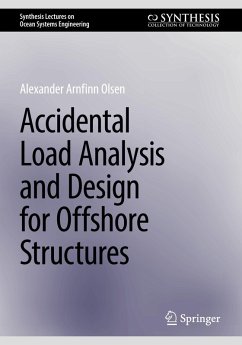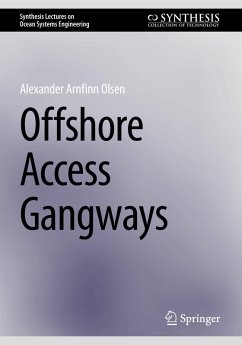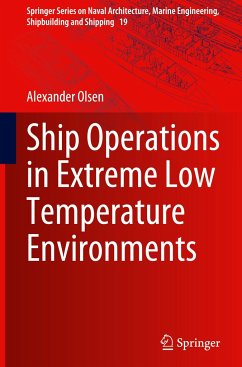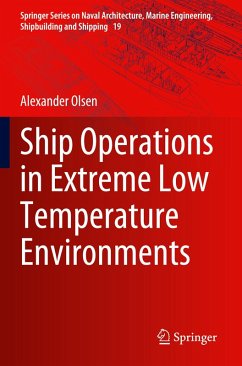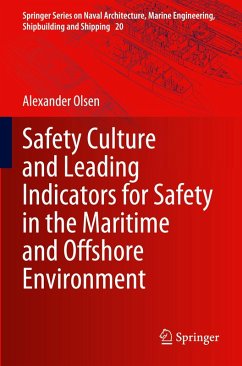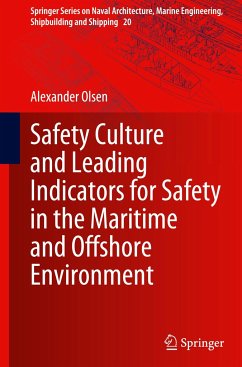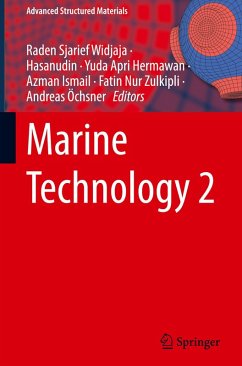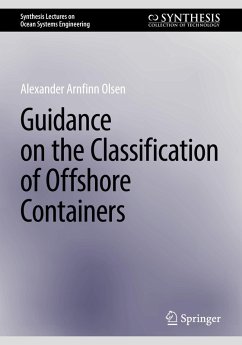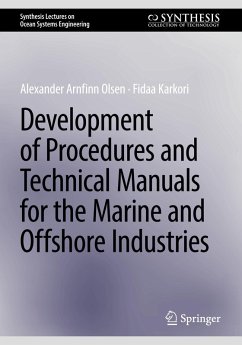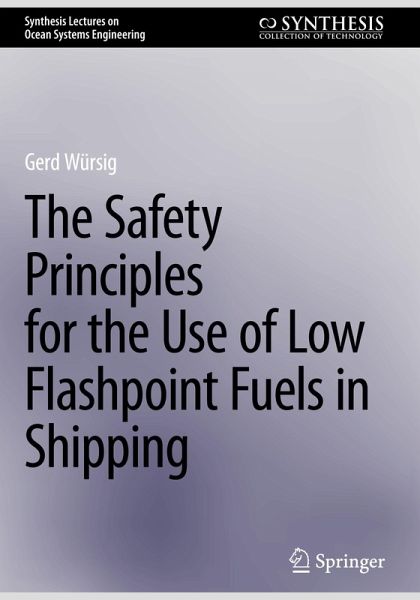
The Safety Principles for the Use of Low Flashpoint Fuels in Shipping

PAYBACK Punkte
16 °P sammeln!
Technical rules like the IGF code are developed by large groups of experts over long periods of time. Explaining the background for the requirements of such rules is not part of the development process. As a result, the reasoning behind the rules is often lost over time, or at least hidden from the end user of the rules. The purpose of this publication is to explain the safety principles behind the rules for unconventional marine fuels. It is the author's hope that an understanding of the safety principles will contribute to the technology-based interpretation of the rules and their further de...
Technical rules like the IGF code are developed by large groups of experts over long periods of time. Explaining the background for the requirements of such rules is not part of the development process. As a result, the reasoning behind the rules is often lost over time, or at least hidden from the end user of the rules. The purpose of this publication is to explain the safety principles behind the rules for unconventional marine fuels. It is the author's hope that an understanding of the safety principles will contribute to the technology-based interpretation of the rules and their further development.



